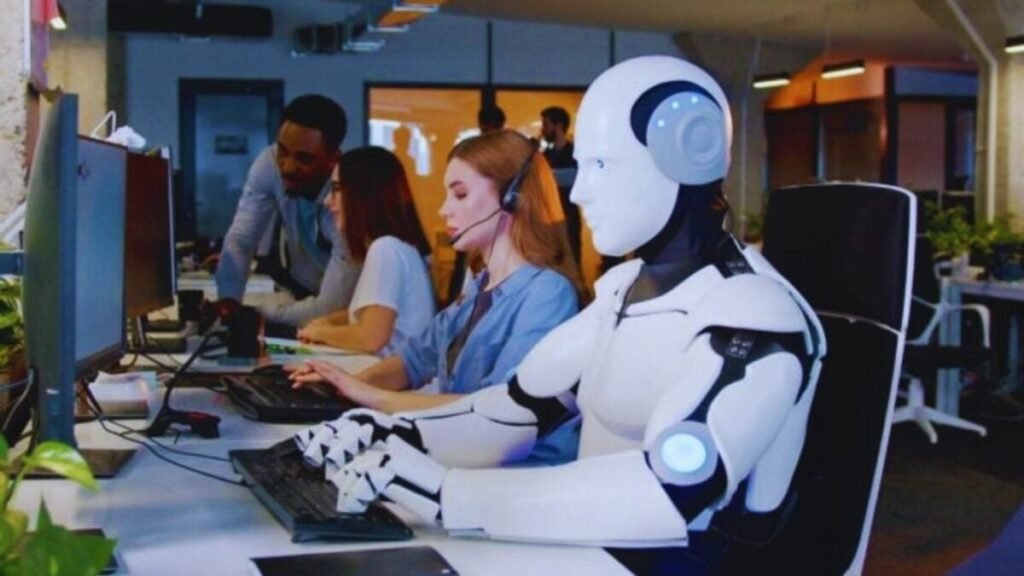Musk talks about a jobless world, Huang predicts we’ll work more: AI is already shaping two different futures.

Robots in factories, assistants in homes, algorithms replacing entire tasks in a matter of seconds. Artificial intelligence has become a transformative force capable of redefining the work life. However, the debate about its impact is far from settled. Elon Musk and Jensen Huang, two of the most influential voices in this scenario, envision opposite futures: one of abundance without employment and another of reinvented work.
Musk and the promise of universal income
Elon Musk has long maintained that AI will mark the end of work as we know it. According to his vision, massive automation will usher in a model of “sustainable abundance” where humans will receive a high universal income and access quality basic services.
In this scheme, jobs will be optional: robots will handle production and infrastructure maintenance. Musk imagines a future where universal income and leisure time become the center of social life, replacing the logic of wage labor.
Huang and the future of increased productivity
Jensen Huang presents a different scenario. While he agrees with Musk on the massive deployment of robots, he disagrees on the fate of jobs. “I fear we will be busier than we are now,” he recently declared. For him, AI will not eliminate work but transform it, creating new opportunities.
His bet is on shorter workdays and increased productivity. AI may enhance efficiency, but it never eliminated the need to work. In his vision, AI will free up time for leisure and travel, while companies pursue new ideas with the support of intelligent systems.
The investment that sets the pace
The numbers reinforce the magnitude of change: McKinsey estimates that up to 30% of work hours will be automated by 2030.
Musk and Huang, each from their own front, have strategic interests: Tesla aims to expand Optimus, while NVIDIA solidifies its position as the key provider of chips and robotic systems. Beyond their predictions, both are investing in building the future they advocate.
The big question is which of these visions will prevail. Will work be a thing of the past or a space reinvented by technology? Artificial intelligence, already the driving force of the next industrial revolution, is not only reshaping the economy: it is forcing us to rethink the very meaning of work.




